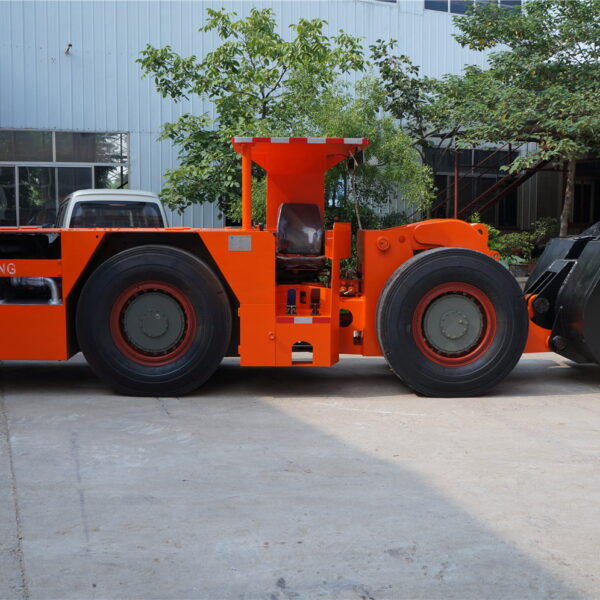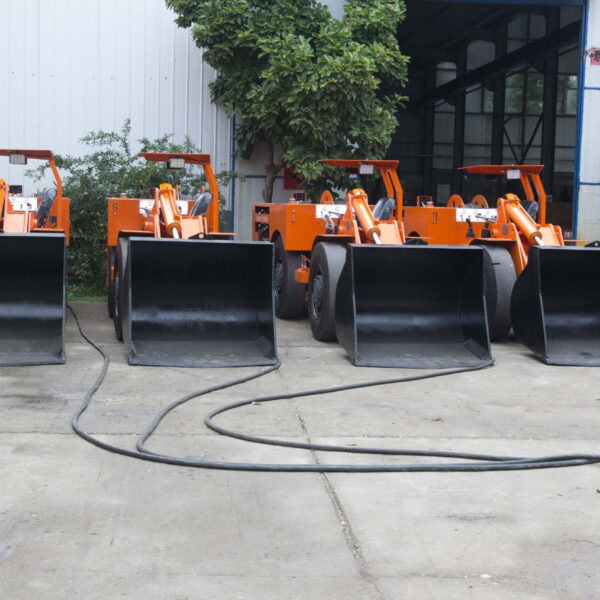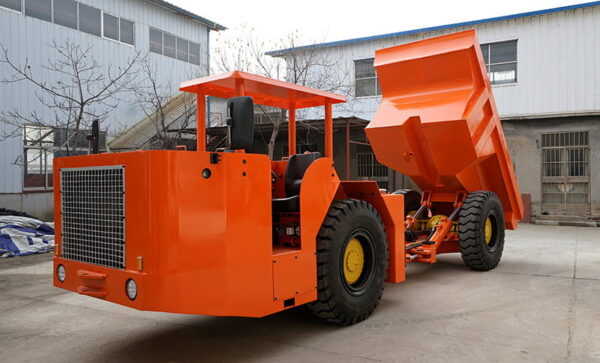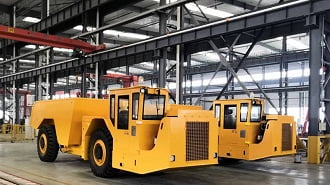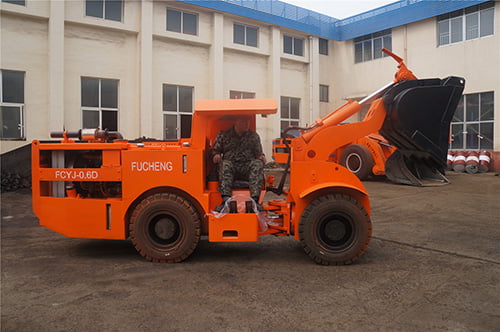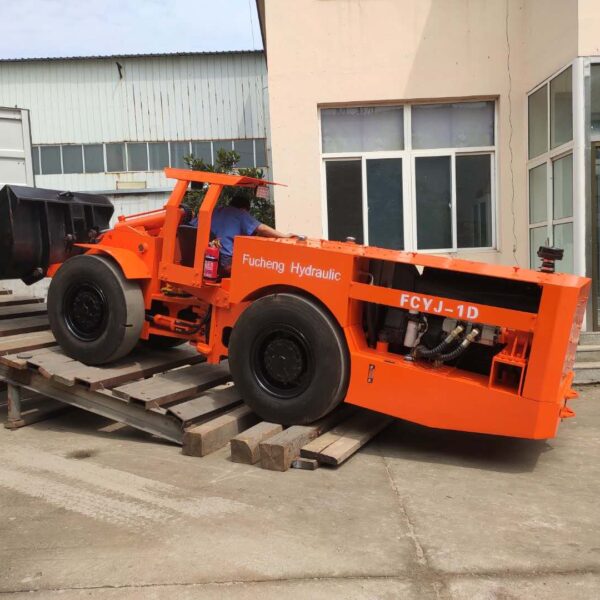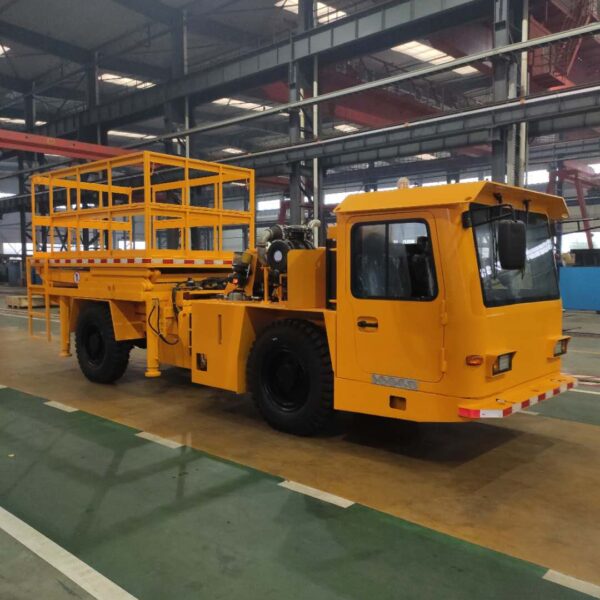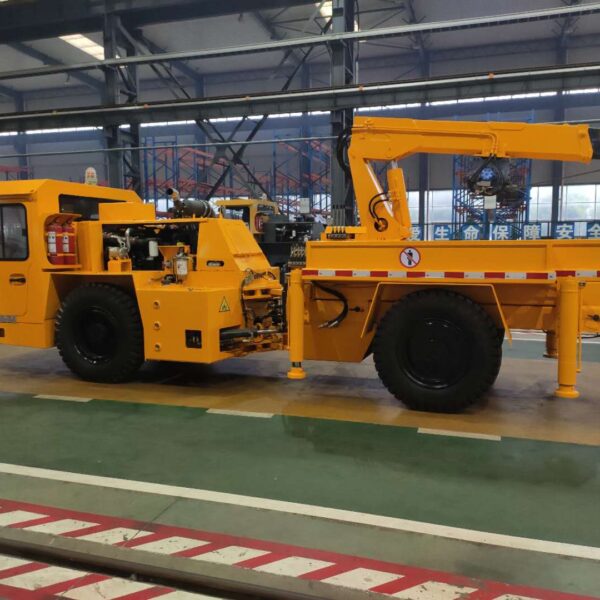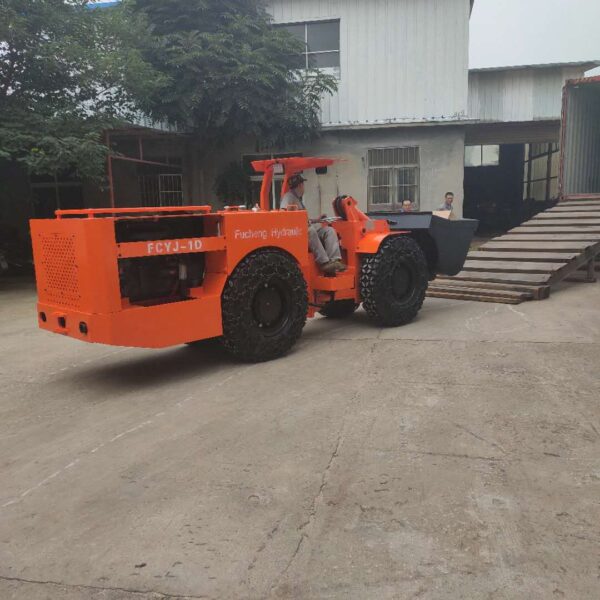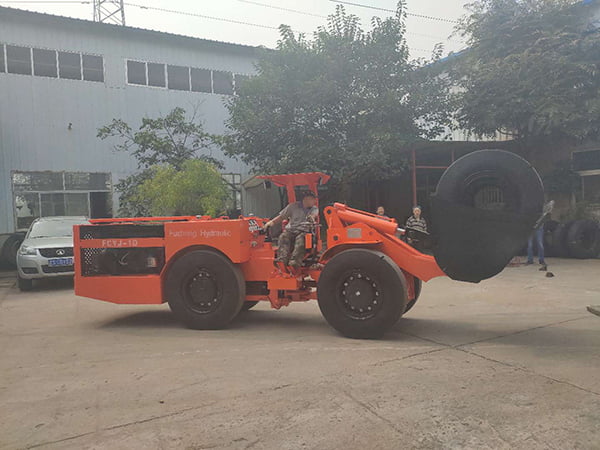Você é o mineiro em busca da primeira atividade de mineração? Antes de exibir suas habilidades glamorosas, é melhor conhecer o processo de mineração e o rendimento. Experimentar todos os métodos de mineração não é uma ideia muito inteligente. Em segundo lugar, é essencial conhecer o tipo de corpos de minério e, em seguida, fazer seu primeiro trabalho de mineração.
Atualmente, muitos métodos dependem do corte e do preenchimento da mina. Um dos principais métodos é o método de mineração cut-and-fill.
Você está curioso para saber mais sobre esse método? Discutiremos esse método em detalhes e entenderemos a estrutura abrangente desse método de mineração. Entre em contato conosco.
O que é um método de mineração cut-and-fill?
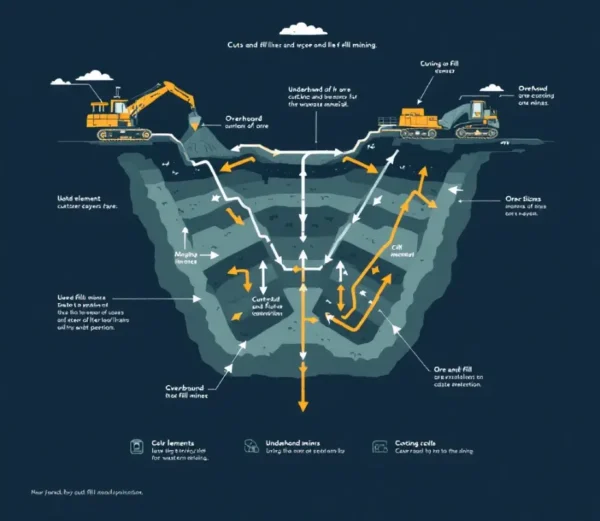
A mineração de corte e aterro é um dos métodos mais importantes e úteis para a extração de minérios mais profundos.
O método de mineração se baseia mais no corte horizontal de uma área específica. Em seguida, preenche-se essa área com os materiais residuais. Assim, a área preenchida proporciona estabilidade até que os mineradores escavem a próxima área.
Os mineradores vão de uma área para outra, repetindo o processo até obterem todos os itens preciosos que estavam procurando.
Guia passo a passo para escavar os corpos de minério usando o método de mineração de corte e aterro
A mineração de corte e aterro pode ser uma forma mais eficaz de escavar os corpos de minério íngremes. Ela envolve o corte horizontal e o preenchimento das áreas escavadas. Vamos discutir as várias etapas relacionadas ao método de mineração cut-and-fill.
Etapa 1: Determinar a propriedade
Entender a propriedade é de suma importância. Isso se deve ao fato de que o proprietário decidirá sobre o método de exploração. Suponha que o proprietário concorde com o método de mineração cut-and-fill.
Onde você obterá o maquinário? Como está o ambiente próximo? Há muito mais preocupação legal com os processos de mineração. Portanto, você deve considerar a propriedade do método de mineração.
Aqui está o que você deve focar.
- O status legal da terra é essencial para a escavação.
- Algumas áreas podem precisar da aprovação necessária para a mineração. Como proprietário, você deve mantê-las em suas malas.
- A coordenação com as autoridades locais pode evitar aborrecimentos. Todas as autoridades devem ser envolvidas, e uma inspeção local das áreas deve ser realizada para garantir a adequação da mineração.
Etapa 2: Levantamento de resíduos de rocha
Não acelere o processo de escavação. É melhor fazer um levantamento das rochas e entender sua adequação em relação ao aterro. Além disso, a qualidade da rocha deve ser considerada para a avaliação do material.
Para a consideração dos materiais residuais, você pode pensar:
- Entenda os resíduos de rocha. Realize pesquisas de vários tipos. Leve seus especialistas para avaliar a rocha.
- Identificar os perigos. A escavação do terreno pode trazer vários riscos desconhecidos. É melhor estar preparado do que receber danos inesperados. Faça os cálculos de risco em tempo hábil.
- Planejar o manuseio de rochas. Depois de escavar a rocha, o que você fará com ela? O descarte e o manuseio adequados podem garantir a segurança do meio ambiente. Tenha planos a bordo para evitar problemas e planejamentos de emergência.
Etapa 3: Avaliar os materiais de preenchimento
O material de preenchimento é o resíduo essencial que garante a estabilidade de seu terreno. Defina como você lidará com o aterro. Há diferentes tipos de aterro em seu caminho.
Considere-os:
- Preenchimento hidráulico. Combine o material residual com o preenchimento de areia. Esse aterro oferece excelente suporte para a próxima fase da mineração. Além disso, é adequado para quase todas as operações de mineração terrestre.
- Preenchimento pneumático. Esse método de preenchimento envolve a mistura pneumática de rocha e cimento. Ele também cria uma excelente superfície estável para a mineração.
- Preenchimento hidráulico de rochas. O Loose Rock Fill não oferece muito suporte. Além disso, ele é adequado apenas para o preenchimento da superfície superior. Tecnicamente, esse método não é muito famoso por seu método de preenchimento.
Sempre que pensar no preenchimento do solo, você deve fazê-lo:
- Avaliar a adequação dos materiais de preenchimento. Por exemplo, se o aterro for um material residual com opções de rocha e cimento, considere o suporte de superfície local.
- Sempre considere a resistência, a durabilidade e a estabilidade do material de preenchimento para a superfície em questão.
Etapa 4: Operações de enchimento hidráulico
Você manteve as operações de backfill acima em sua lista de hot-pick?
Bem, as operações de enchimento hidráulico se destacam como os melhores métodos de enchimento. Isso se deve a:
- Excelente suporte do material. Como o material é uma mistura de resíduos e rochas, ele tem maior resistência. Ele pode sustentar o peso do seu equipamento de mineração e proporcionar uma superfície mais estável.
- Melhor ajuste com equipamentos de mineração. Um dos principais motivos que o tornam uma combinação adequada é sua compatibilidade com equipamentos hidráulicos. Ela permite que as ferramentas hidráulicas se movam com eficiência pela superfície devido à estabilidade da superfície.
Reúna-se com as operações de preenchimento hidráulico. Misture a água com os materiais de preenchimento hidráulico. Isso formará uma pasta. Você pode deixar essa pasta preencher as superfícies escavadas e vazias dentro das áreas de mineração após a escavação.
Etapa 5: Seleção de ferramentas de acesso
Suponha que você tenha chegado às áreas mais profundas da terra. Agora, o minério está saindo. Qual é o método ideal que você tentará usar para acessar e escavar o material de minério?
Não é outra coisa senão:
- Rampas. Eles facilitam o acesso aos materiais, mas oferecem acesso de nível inferior.
- Eixos. Você pode experimentá-los como alternativas de rampa. Mas os eixos são soluções mais econômicas.
- Escadas. Eles podem se tornar o melhor acesso para o minério e os trabalhadores.
Etapa 6: Opte por equipamentos de qualidade
A seleção dos vários equipamentos é fundamental para a realização de cada fase da mineração. Você pode considerar a seguinte gama de equipamentos.
- Escavação para serviços pesados. Perfuratrizes, carregadeiras e caminhões basculantes são ferramentas de grande impacto para escavações pesadas.
- Excelente maquinário de preenchimento de solo. Não é necessário minerar uma única porção de terra. Em vez disso, o aterro é crucial para torná-lo mais estável e com maior capacidade de suporte de peso. Portanto, selecione o maquinário de preenchimento de primeira linha.
- Avaliar e manter seu equipamento. Considere a inspeção e a manutenção de todas as ferramentas que você utiliza em seus processos de preenchimento ou mineração.
Etapa 7: Ventilação eficaz
A segurança dos mineiros é o assunto mais quente de todos os tempos. Instale o sistema de ventilação para garantir que ele funcione sem problemas e evite asfixia.
Geralmente, as áreas elevadas são usadas para ventilação adequada. Como proprietário, você pode verificar ainda mais a ventilação do local e também usar as ferramentas de ventilação.
Experimente os ventiladores e dutos de ventilação. Mantenha a qualidade e garanta a segurança dos mineiros durante as operações.
Etapa 8: Mineração adequada de minérios
O esboço do processo de mineração é bastante evidente com o guia disponível. Para a mineração adequada dos minérios, você pode entender as seguintes etapas.
- Minere a área. Antes de mais nada, minere um pedaço específico de terra. Extraia todos os materiais necessários para seu trabalho.
- Preenchimento. Escolha o material de aterro mais adequado para preencher o local escavado. Certifique-se de que ele esteja estável e reforçado após o preenchimento adequado.
- Ir para a próxima área. Vamos minerar outro pedaço de terra antes do anterior.
Perguntas frequentes
- Por que a mineração de corte e aterro é usada para corpos de minério íngremes ou irregulares?
A mineração de corte e aterro é famosa por sua compatibilidade com os corpos de minério íngremes. Isso se deve à escavação estável e controlada com as profundidades necessárias. Os mineradores podem alcançar efetivamente as superfícies íngremes sem comprometer os resultados e a segurança da saúde.
- Qual material é o melhor para o método de mineração cut-and-fill?
Há vários tipos de materiais. Somente os materiais de integridade e estabilidade de superfície se destacam como o melhor material. Nesse caso, você pode considerar o preenchimento hidráulico, que é uma mistura de materiais residuais com partículas de rocha. Ele cria uma pasta ideal que pode preencher o espaço e proporcionar melhor estabilidade na superfície do solo.
- O método de mineração cut-and-fill é arriscado?
Sim. Pode ser arriscado se você tiver um material de aterro adequado pronto para a superfície estável. Para garantir a segurança, você pode preparar um material de aterro de qualidade que prometa estabilidade do solo. Além disso, ferramentas de qualidade com proteção podem desafiar todos os riscos.
- Quais são as ferramentas necessárias para o método de mineração cut-and-fill?
Os métodos de mineração de corte e aterro variam de ferramentas de corte a ferramentas de aterro. Aqui está a lista completa do maquinário necessário para esse método de escavação.
- Equipamento de perfuração
- Ferramentas de jateamento
- Carregadeiras e caminhões de transporte
- Transportadores e bombas
- Misturadores de aterro
- Equipamento de enchimento hidráulico
- Ventiladores e dutos de ventilação
- Escadas e rampas de acesso
- Dispositivos de segurança e monitoramento
- Parafusos de rocha
- Materiais de apoio ao solo (malha, concreto projetado)
Conclusão
A mineração e a escavação dos materiais anteriores são essenciais para os consumidores. Mas o que importa são as ferramentas de qualidade necessárias para cavar mais fundo na superfície e aproveitar o material de nível superior. A mineração de corte e preenchimento se destaca como o principal método para obter melhor rendimento.
Mas você tem as ferramentas de escavação subterrânea necessárias? Se não tiver, não se preocupe; Equipamento hidráulico Jinan Fucheng pode ser sua parada para as ferramentas premium para mineração subterrânea. Escave as superfícies irregulares e obtenha os metais preciosos. Fale com os especialistas para obter as ferramentas de qualidade imediatamente!


